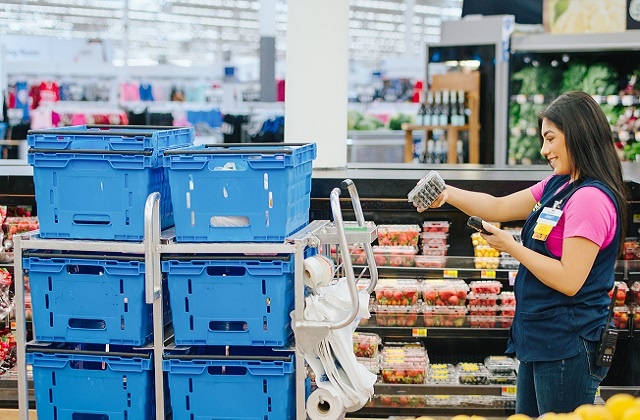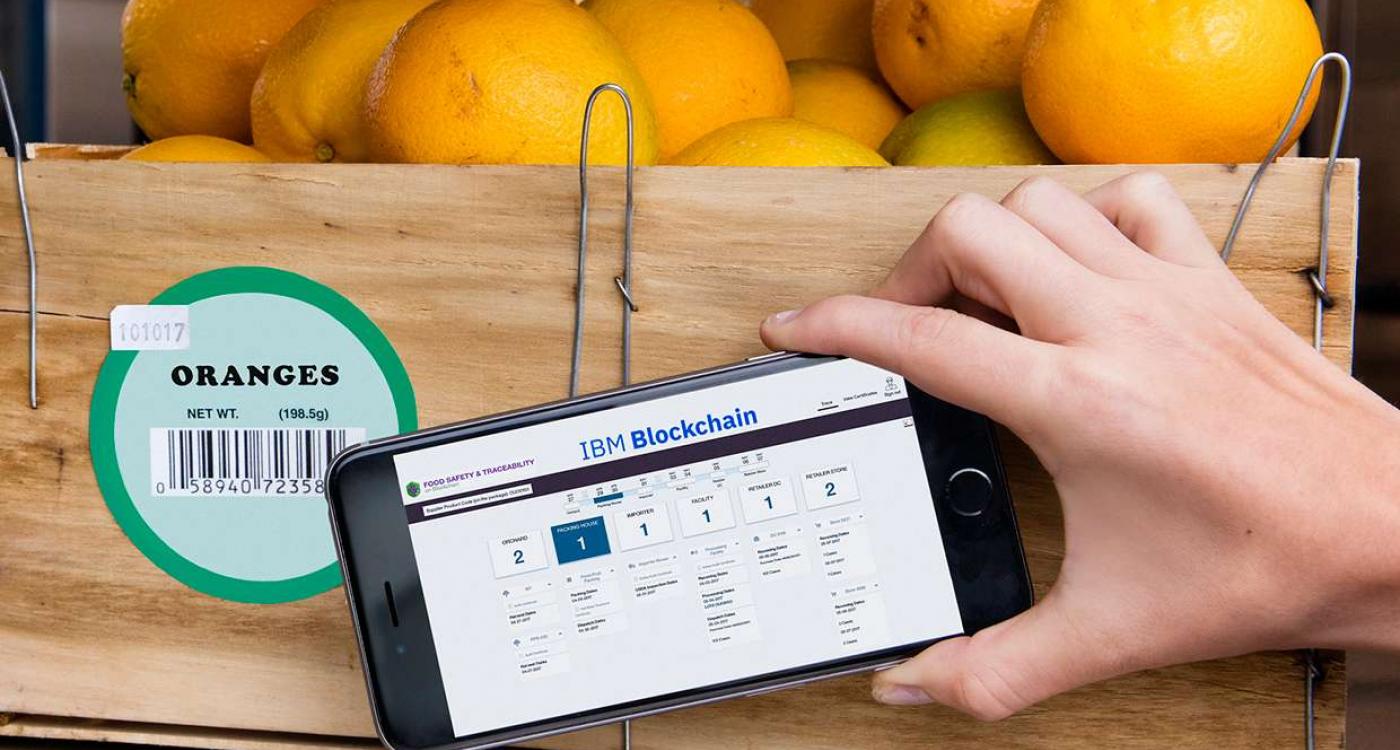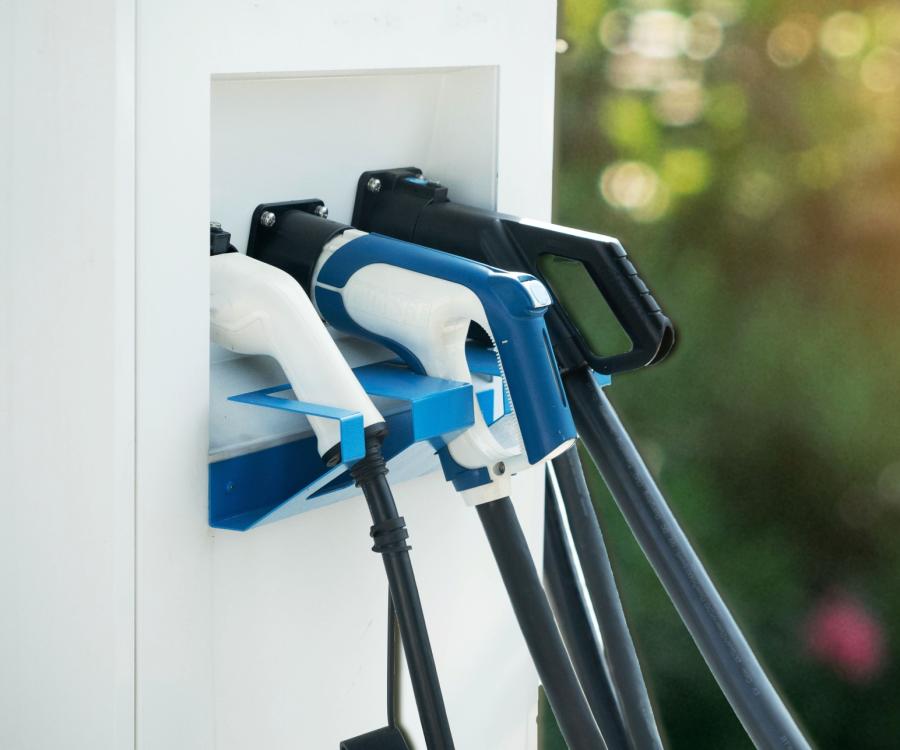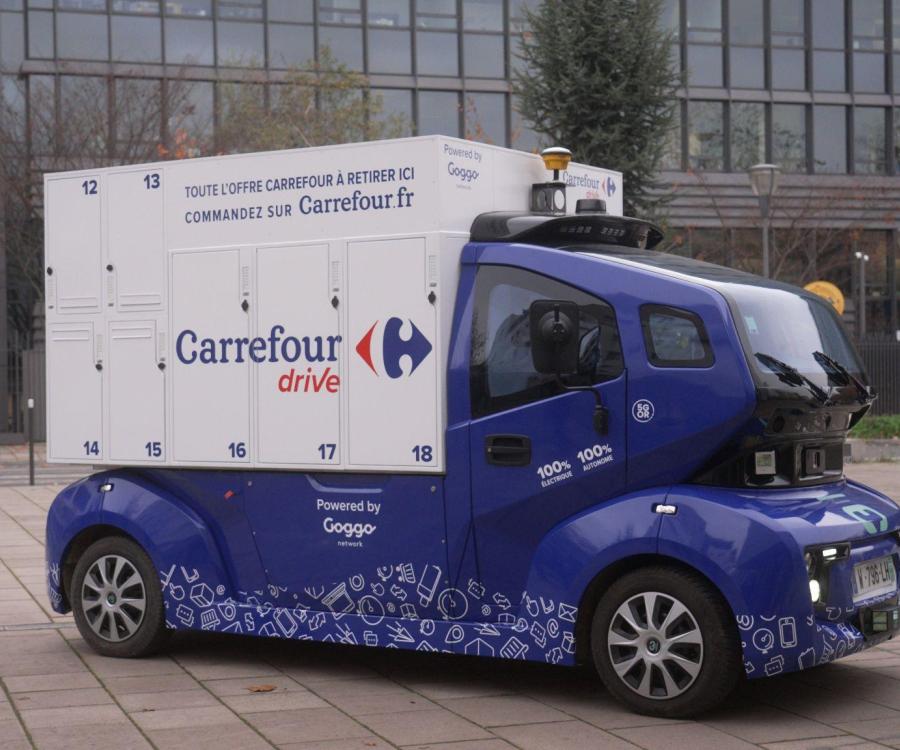Where do products come from? When was the food harvested and packed and what is its shelf life?
Consumers have a right to this information and it should be made available in a compact and easy-to-access format. Since 2020, IBM and Carrefour have teamed up in a blockchain project that uses QR codes to facilitate user-friendly access to detailed information.
Building consumer trust in the food trade and, in the medium term, creating a more efficient supply chain through effective information sharing between retailers and suppliers - these are the two key goals that prompted the French retail giant Carrefour to rely on new blockchain technology developed by IBM.

A decentralized platform to collect information
The concept: Consumers can access pertinent information by scanning the QR code on the products using their smartphones, including detailed stats about food origin, date of harvest and packaging. To make this possible, farmers, growers, wholesalers, distributors and other stakeholders feed the decentralized network with data at every production step. The data is stored in the tamper-proof blockchain.
Filière Qualité has set up its own blockchain project and blockchain system for its brand of fresh produce, which includes fruits, vegetables, dairy products, meat, and fish. This presently covers 20 products, ranging from chicken to raw milk to pomelos from China.
At the same time, Carrefour collaborates with Nestlé and IBM to use IBM’s Food Trust blockchain platform for the food industry, to standardize the supply chain with many participants. This includes retail brands that many retailers have in their product selection. For the first test run, the team chose to track a very popular and well-known product in France: Maggi Mousline Puree, an instant mashed potato mix.
Tracking the path
The Food Trust blockchain tracks the path of each pack that ends up in one of Carrefour's 6,000 stores across France. The benefit for all project participants: there is no need to exchange data with each other. Everyone simply enters their data securely in Food Trust – practice has shown that the latter has proven an important criterion for the willingness to work together.

The process tracks and feeds into four points along the supply chain: starting at the point when farmers deliver the potatoes at the factory gate, followed by the packs at the end of the production line where they have already been equipped with a QR code. This code is, in turn, linked to an EPCIS reference for data processing. Points three and four pertain to outbound goods from the factory warehouse and the receipt of goods in each of Carrefour's distribution centers. Thanks to the data stored in the tamper-proof blockchain, Nestlé and Carrefour can offer customers comprehensive information on their smartphones, including the percentage of potato variety used in the mix, the production line, the name of the associate responsible for quality assurance that day and the data pertaining to incoming and outgoing items at the warehouse. This makes tracking of the entire supply chain from farm to Carrefour store possible. What’s more, consumers can also watch generic videos about potato harvesting and the factory.
Carrefour consciously chose to initially use only one product to set up the process as a tool to learn for later expansion. In fact, one of the biggest challenges that should not be underestimated in projects like these is the effort it took for the company to record all participating farmers and suppliers. The company indicates that a comprehensive rollout is now well underway, stating that by 2022, 400 products in six countries are expected to be captured in the blockchain.










